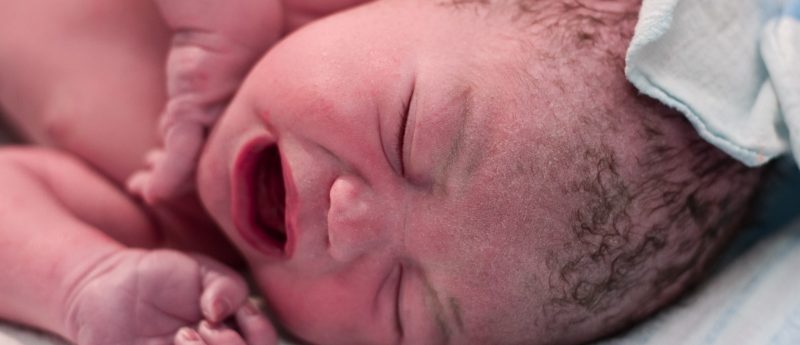Stem cell transplants may offer hope against pregnancy-ending syndrome

New research has found that transplanted stem cells replaced a missing protein in mouse fetuses with Sly syndrome, a condition which can lead to fetal fatalities.
Research from a team at UC San Francisco (CA, USA) has found that transplanted stem cells successfully treated the metabolic disease MPS7, also known as Sly syndrome, in a mouse model. MPS7 is caused by a genetic mutation that leads to cells missing a vital enzyme required to process large-chain sugar molecules. Ultimately, this mutation can lead to fetal death.
Although it is difficult to measure the incidence of MPS7 specifically, it is estimated that around 24,000 women in the US lose a pregnancy each year. Babies who are born with serious congenital diseases are often subjected to invasive and regular treatments, which may be immunogenic or not completely effective. In the case of MPS7, they are treated with enzyme injections; while these can provide some relief they cannot cross the blood-brain barrier resulting in severe neurological damage.
“This group of vulnerable patients has been relatively ignored in the fetal surgery world,” commented UCSF’s Tippi MacKenzie, senior author on the study. “We know these patients could potentially benefit from a number of medical therapies. So this is our first foray into treating one of those diseases.”
In the study, stem cells were transplanted from normal mice to fetal mice carrying the MPS7 mutation. MacKenzie and her team hoped the cells, which were fluorescently tagged, would migrate to the brain and differentiate into microglia.
Following transplantation and subsequent RNA sequencing, the cells were found to have successfully crossed the blood-brain barrier and matured into microglia. The transplanted cells were also found in the liver, kidney and other organs which can produce the required enzyme.
Although the research is far away from human translation, an advantage of a potential treatment based on this discovery is that it uses the same fetal transplantation techniques performed for decades across the world. MacKenzie is now planning for a clinical trial to assess the treatment in up to 10 patients.
“With this work, we’re pushing the frontiers of fetal surgery into newer, less invasive therapies,” she explained. “It’s exactly this sort of clinical and research environment that can accelerate moving a therapy like this one into humans.”
Sources: Nguyen Q, Witt R, Wang B et al. Tolerance induction and microglial engraftment after fetal therapy without conditioning in mice with mucopolysaccharidosis type VII. Sci. Transl. Med. 12(532) eaay8980 (2020); www.ucsf.edu/news/2020/02/416736/utero-stem-cell-transplants-enzyme-replacement-may-offer-new-treatments-deadly